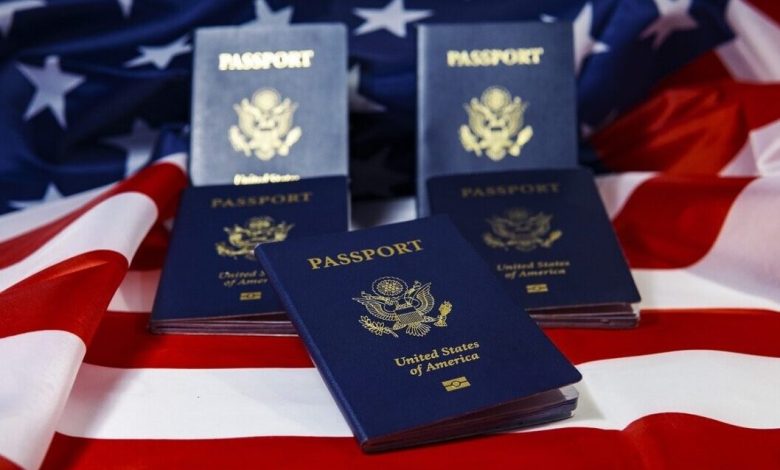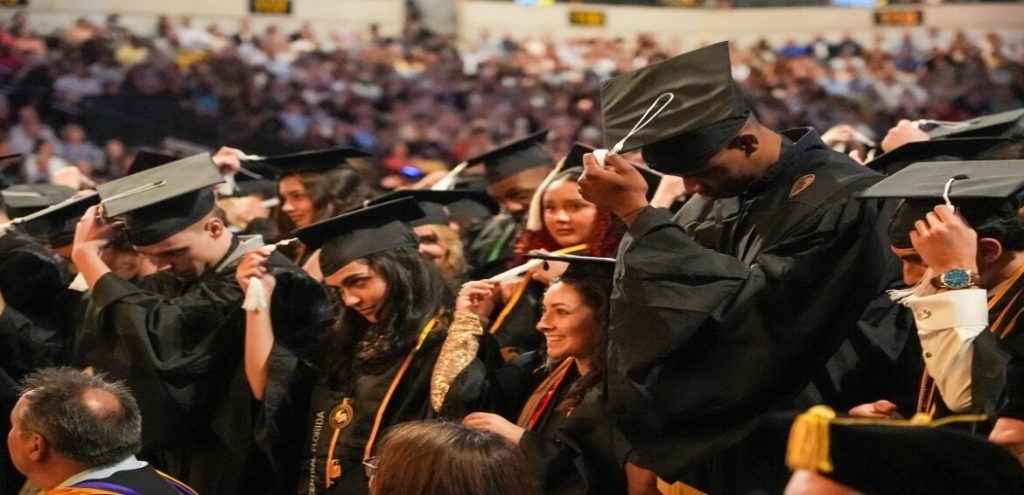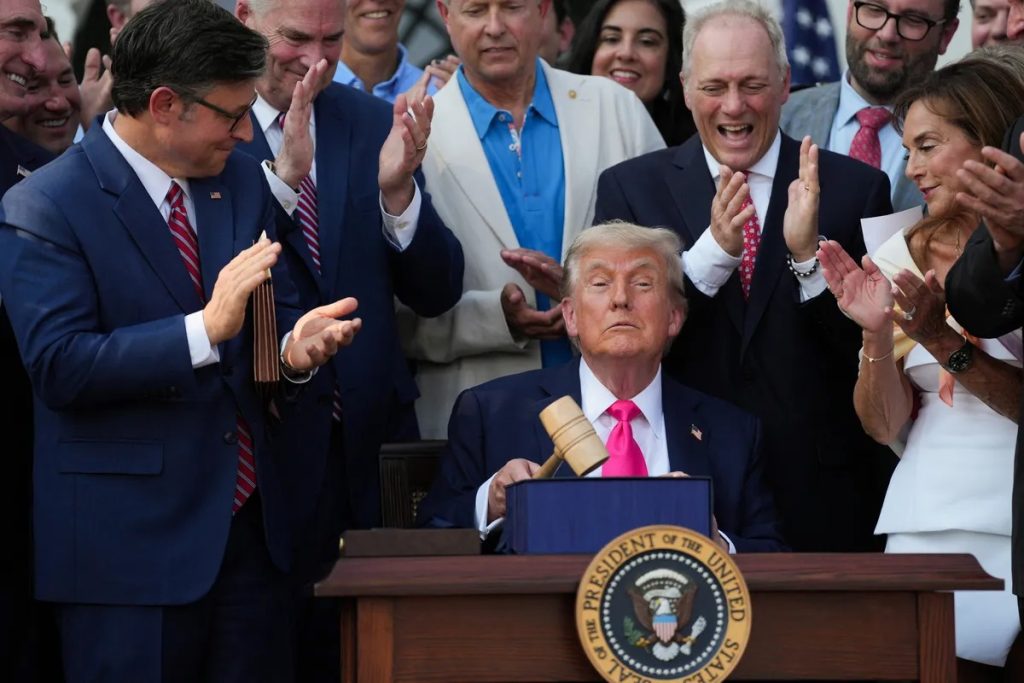When Travel Bans Shatter Dreams: Muslim and International Students Face Barriers in the U.S.
From Afghanistan to Iran and Myanmar, students struggle with blocked visas, delayed opportunities, and uncertain futures under restrictive policies.

For many international students, particularly from Muslim-majority countries, studying in the United States represents a dream of opportunity, academic freedom, and a brighter future. But for thousands, this dream has been disrupted by politics—both in their home countries and in the United States.
Take the case of Bahara Saghari, a 21-year-old Afghan student. After the Taliban banned women from attending universities in Afghanistan, she set her sights on continuing her higher education abroad. She spent years studying English up to eight hours a day and finally secured admission to study business administration at a private liberal arts college in Illinois.
But just as she prepared to travel, her plans collapsed once again—this time due to Donald Trump’s travel ban, which restricted visa access for citizens from several countries. “You think you’re finally reaching your dream,” she said, “and then it just disappears, as if everything is gone.”

Lost Opportunities and Uncertain Futures
Trump’s administration imposed stricter travel and immigration measures affecting citizens from 19 countries, creating a major obstacle for thousands of students who had already invested time, money, and effort to pursue education in America. Some received admission offers but faced long visa backlogs, while others abandoned their plans entirely due to the political climate and uncertainty about their legal status.
Students from Iran and Myanmar, for example, received more than half of the student visas granted under waivers, but many others were left in limbo. For Iranian student Pouya Karami, who had planned to pursue advanced research in polymer chemistry at Pittsburg State University in Kansas, the ban forced him to delay his studies. “I’m doing everything I can,” he said, still hoping for a chance to study in the U.S.
Broader Travel Restrictions
The full ban applied to citizens from 12 countries across Africa, Asia, the Middle East, and the Caribbean, with varying degrees of exemptions. While Trump justified the policy as necessary for national security and reducing visa overstays, critics argued that it disproportionately targeted Muslim communities and undermined America’s reputation as a global leader in education.
Families’ Sacrifices and Broken Hopes
In Myanmar, 18-year-old Gu Gu and his family had saved for years to send him to the U.S. to study at the University of South Florida. When he shared his acceptance letter, his family celebrated with joy—only to see their excitement shattered by the sudden visa restrictions. “It breaks my heart,” he said, reflecting on the opportunity lost.
Similarly, in Iran, Amir, a 28-year-old researcher, lost a fully funded research opportunity at the University of Pennsylvania. Though his supervisor deferred the offer, Amir described the experience as “a failed attempt” that left him searching for alternatives in Europe.

The Search for Alternatives
For students like Bahara Saghari, opportunities in Europe became the only option, but even that path proved difficult, with language tests, upfront tuition payments, and bureaucratic hurdles. Despite these struggles, many remain hopeful, clinging to the possibility that U.S. policies might shift again in the future.
As Amir put it: “I thought that if I worked hard, if I was talented, if I contributed, there would be a place for me. Then you realize people may not want you there. That’s difficult to accept.”



